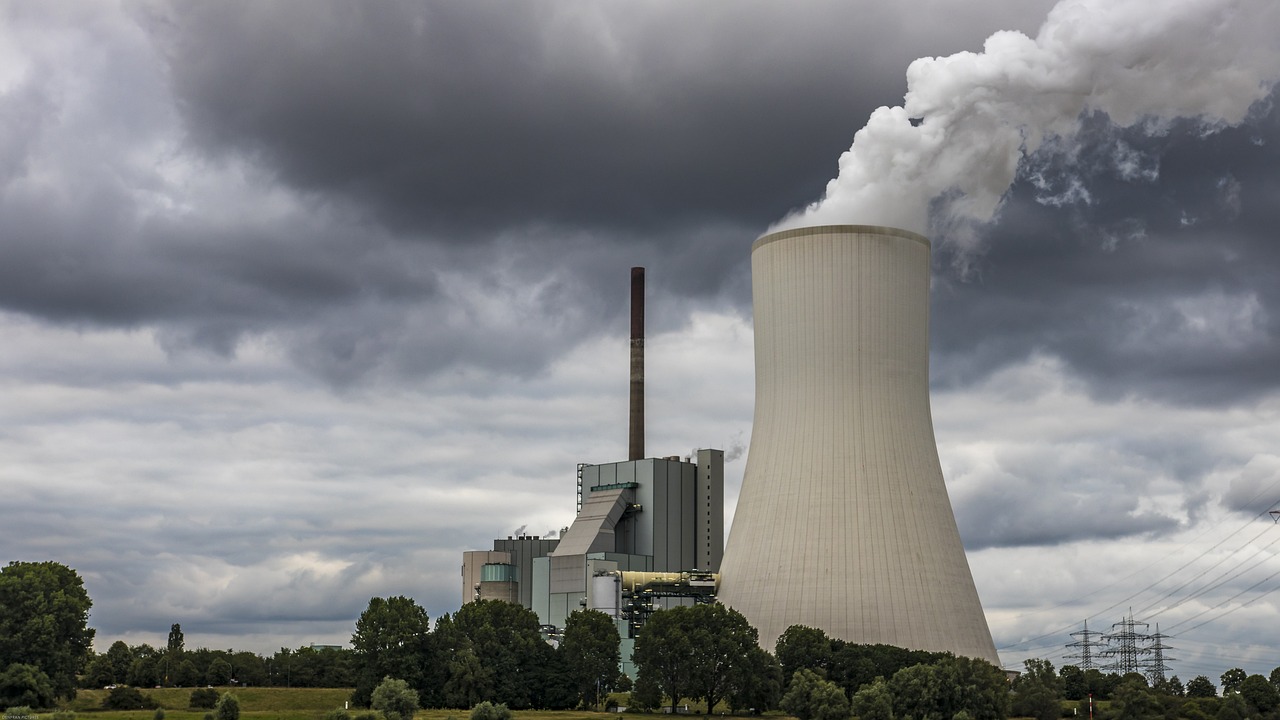India's Finance Minister Piyush Goyal has said that the government is working on a solution to equate domestic carbon pricing with the EU's Carbon Border Adjustment Mechanism (CBAM).
What is CBAM?
The CBAM is a border tax that the EU plans to implement on imported goods that are produced using higher carbon emissions than those produced within the EU.
In simple terms, by taxing imported goods that are produced using high-carbon emissions, the EU is making it more expensive for foreign businesses to sell their products in the EU market. This encourages foreign businesses to reduce their carbon emissions or find other ways to produce their products more sustainably.
The CBAM is intended to level the playing field between European and foreign businesses by ensuring that all goods sold in the EU are subject to the same carbon price, regardless of where they are produced. However, the CBAM could have a negative impact on Indian businesses, as it could make their exports to the EU more expensive.
To mitigate this impact, the Indian government is working on developing a domestic carbon pricing mechanism that would be equivalent to the CBAM. This would allow Indian businesses to offset their carbon emissions and avoid paying the CBAM when exporting to the EU.
India's Solution
There are a number of different ways that India could implement a domestic carbon pricing mechanism. One option would be to introduce a carbon tax on fossil fuels. Another option would be to create a cap-and-trade system, in which businesses are allocated permits to emit a certain amount of carbon dioxide. Businesses that emit more than their allotted amount would have to purchase permits from businesses that emit less than their allotted amount.
Timeline
The Indian government has not yet announced a specific timeline for implementing a domestic carbon pricing mechanism. However, Goyal has said that the government is committed to doing so in a way that is fair and equitable for all businesses.
Implications for businesses
The implementation of a domestic carbon pricing mechanism in India would have a number of implications for businesses.
Increased costs | Businesses that emit carbon dioxide would face increased costs as a result of the carbon price. This could lead to consumers paying a higher price and reduced profits for businesses. |
New opportunities | Businesses that can reduce their carbon emissions could benefit from the carbon price. This could lead to new opportunities for businesses to develop and sell low-carbon products and services. |
Changes in investment decisions | Businesses may need to make changes to their investment decisions in order to reduce their carbon emissions and avoid paying the carbon price. This could lead to more investment in renewable energy and energy efficiency measures. |
Increased competition | The implementation of a domestic carbon pricing mechanism in India would level the playing field between Indian and foreign businesses. This could lead to increased competition in the Indian market. |
Overall, the implementation of a domestic carbon pricing mechanism in India would have a significant impact on businesses. Businesses need to be aware of the potential implications of the carbon price and make plans to adapt to the new environment.








